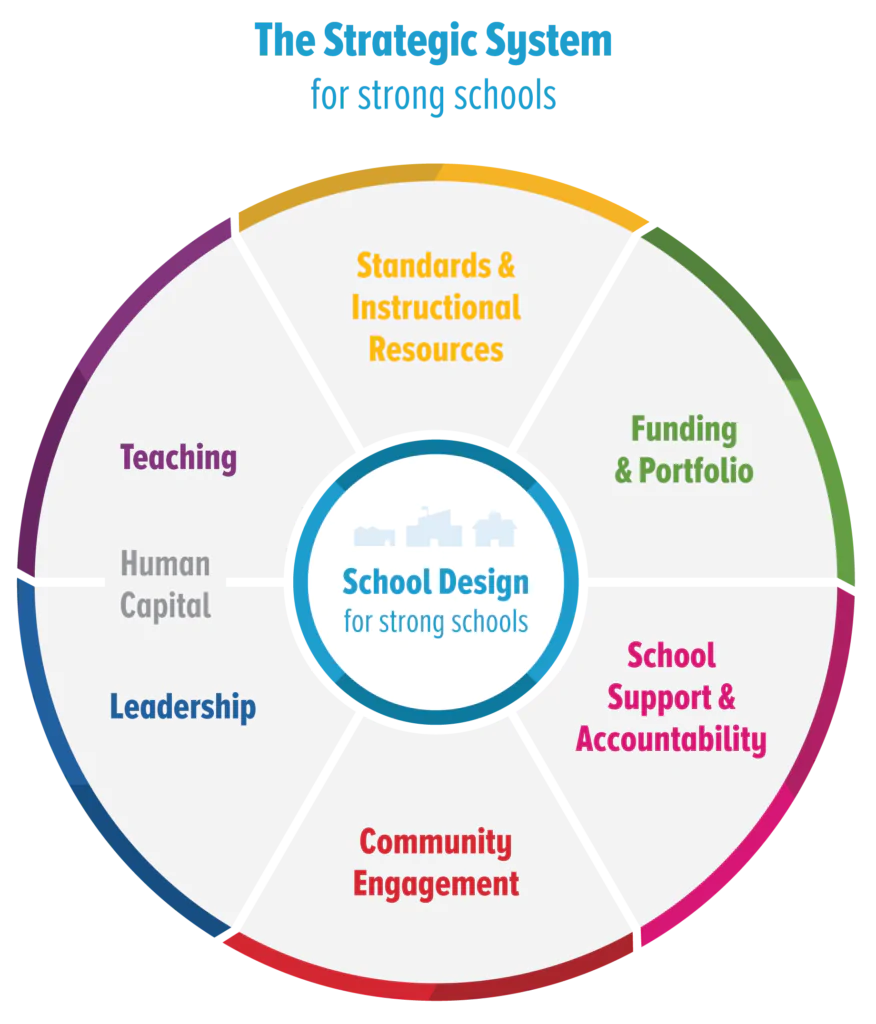School Resources mean Financial funding, helping to get enrollments, facilities to empower or supply resources, like human or material (personal training, managerial training, teacher training and providing materials including equipment and consumables, use ( light or cooling & heating) of the School; another Employee of the School outside that individual’s personal, unpaid time; or use of the School’s name in the promotion of the work.
Thank you for reading this post, don't forget to subscribe!School resources are essential for the effective functioning of educational institutions. Financial funding is critical for schools to acquire necessary resources, such as technology, textbooks, and other learning materials, and maintain their facilities. Additionally, schools require human resources, including teachers, administrative staff, and support staff, to manage and operate effectively. Providing training opportunities for these personnel ensures that they are equipped with the necessary skills to deliver quality education to students. Furthermore, the use of the school’s name in the promotion of its activities can help to attract more students and increase enrollments. Overall, school resources are essential for schools to provide quality education and create an environment that fosters academic success and personal growth.

Standards and instructional resources are critical components of a school’s educational program. Standards establish clear learning objectives and expectations for what students should know and be able to do at each grade level, while instructional resources provide materials and support to help teachers deliver effective instruction. Standards help to ensure that all students receive a high-quality education, regardless of their background or location. Instructional resources, such as textbooks, technology, and other materials, support teachers in delivering instruction that meets these standards and engages students in the learning process. Additionally, instructional resources can help teachers differentiate instruction to meet the needs of diverse learners and support student learning and achievement.
Funding and portfolio management are crucial aspects of effective financial management for educational institutions. Adequate funding is necessary to provide resources, materials, and support that schools need to deliver quality education to students. Portfolio management involves creating a diversified portfolio of investments to manage risks and generate returns to support school operations. Schools can use funds from portfolios to invest in facilities, hire and train teachers, and purchase instructional materials and technology. Effective portfolio management can help schools to optimize their financial resources and ensure long-term sustainability. Additionally, transparent financial reporting and accountability are essential to maintain the confidence of stakeholders and donors, which is critical for sustained funding and growth.
School support and accountability are important factors in ensuring high-quality education and continuous improvement in educational institutions. School support refers to the provision of resources, training, and technical assistance to help schools improve their academic programs, management, and operations. Support may include mentorship, coaching, professional development, and other resources that help teachers and administrators to deliver quality education to students. Accountability involves setting clear goals and performance metrics and monitoring progress to ensure that schools meet these expectations. Accountability measures may include regular evaluations, assessments, and audits, and may be enforced by the government or local education agencies. Together, school support and accountability work to create a culture of continuous improvement in schools, which is critical for providing students with the education and skills they need to succeed in the future.
Community engagement is an important aspect of building strong and effective educational institutions. It involves creating meaningful partnerships between schools and the communities they serve, with the goal of improving student learning and achievement. Community engagement may involve collaboration with parents, local businesses, non-profit organizations, and other stakeholders to support school programs, provide resources, and promote student success. Engaging the community in the education process can also help to promote a sense of ownership and investment in the success of local schools. Additionally, community engagement can help to promote diversity, equity, and inclusion, by ensuring that the needs and perspectives of all stakeholders are considered in the development of school programs and policies. Ultimately, community engagement is critical for creating a strong and supportive educational environment that helps all students to succeed.
Leadership is a critical component of building and maintaining successful educational institutions. Effective leaders provide vision, direction, and support for teachers, staff, and students, and play a crucial role in creating a positive and supportive school culture. In addition to providing guidance and support, strong educational leaders invest in the development of human capital, including hiring and retaining high-quality teachers and staff, providing ongoing training and professional development opportunities, and creating a supportive and empowering work environment. Investing in human capital helps to ensure that schools have the necessary resources and expertise to deliver high-quality education to students. Moreover, effective educational leaders must be able to adapt to changing circumstances, anticipate challenges, and make strategic decisions that support the long-term success of the institution. Ultimately, effective leadership is critical for building strong, effective, and sustainable educational institutions that support the academic success and personal growth of all students.
Teaching is a critical component of building and maintaining successful educational institutions. Effective teachers play a crucial role in helping students to learn and grow, and in shaping the overall culture and climate of the school. High-quality teaching requires a range of skills and competencies, including subject matter expertise, instructional design, assessment, and classroom management. Additionally, effective teachers must be able to build positive relationships with students, families, and colleagues, and to communicate effectively and collaboratively. Investing in teaching as a form of human capital involves attracting and retaining high-quality teachers, providing ongoing training and professional development opportunities, and creating a supportive and empowering work environment. Ultimately, investing in teaching as a form of human capital is critical for building strong, effective, and sustainable educational institutions that support the academic success and personal growth of all students.
